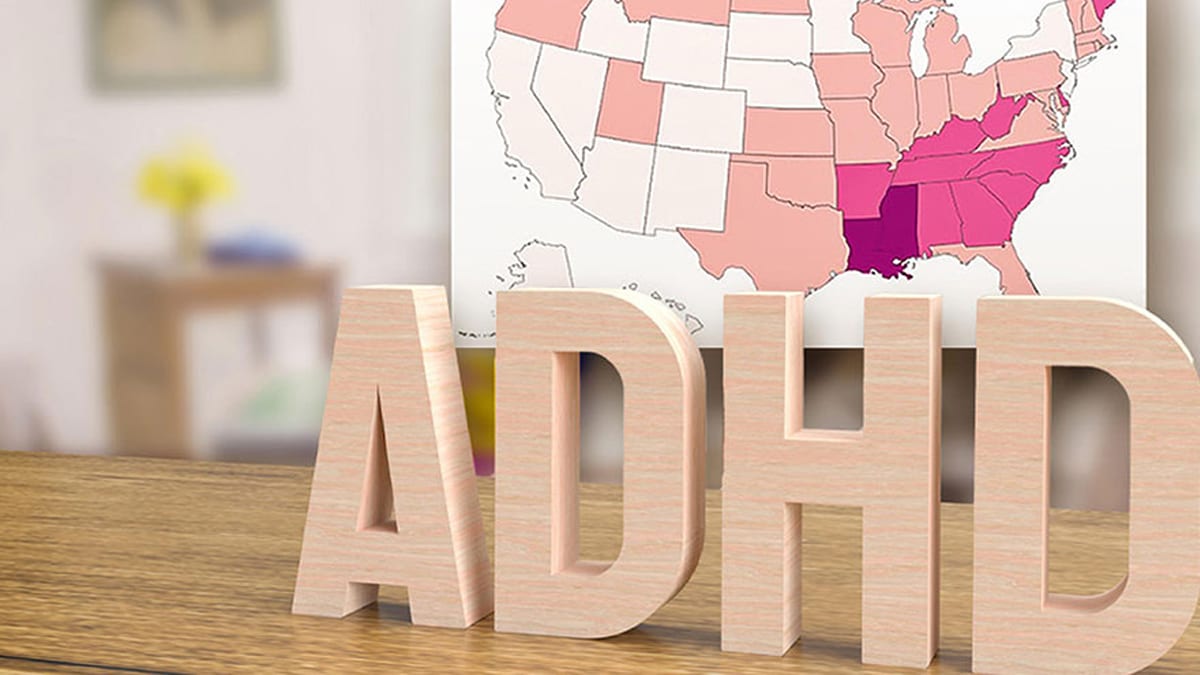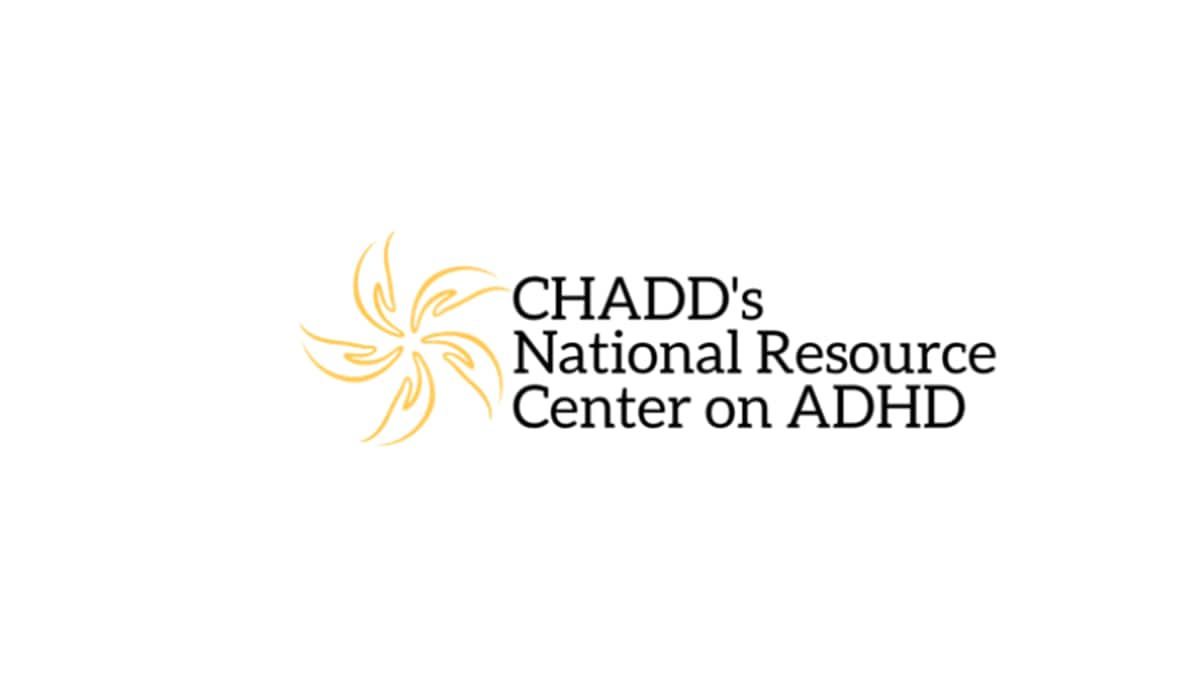What to know
Many factors can influence whether a child receives a diagnosis and treatment for attention-deficit/hyperactivity disorder (ADHD), including where the child lives. This page provides data about how ADHD diagnosis and treatment vary across the United States.

Overview
Data from a CDC study provide estimates by state for how many U.S. children aged 3–17 years ever had or currently have ADHD. The study also examined how many children with ADHD received medication and/or behavior treatment. Data were from the National Survey of Children's Health, 2016–2019.
The study showed that ADHD diagnosis varied from 6% to 16% among states.1
Among children with ADHD, the following treatment options varied:
- Any ADHD treatment: from 58% to 92%
- ADHD medication: from 38% to 81%
- Behavior treatment for ADHD: from 39% to 62%
Additional findings:
- States with more children with an ADHD diagnosis had a higher percentage of these children receiving ADHD medication treatment.
- Across states, as ADHD diagnoses went up, the percentage of children receiving behavioral treatment for ADHD went down.
- About 1 in 5 U.S. children with ADHD did not receive any kind of treatment. This was true even when counting other types of mental or behavioral health treatment that may not be specific to ADHD.
U.S. Maps | ADHD Diagnosis and Treatment Type
State Profiles | Data on Diagnosis and Medication Treatment for Children with ADHD
Getting an ADHD diagnosis and treatment
ADHD is usually first diagnosed in childhood and often lasts into adulthood. Children with ADHD may have trouble paying attention or controlling impulsive behaviors (acting without thinking about what the result will be), or they may be overly active. Many children show these symptoms on occasion. When the symptoms are severe, last a long time, and cause trouble in school, at home, or with friends, a child may be diagnosed with ADHD.
Getting an ADHD diagnosis and developing a treatment plan is a process that involves many steps. Parents or teachers may notice that a child has trouble with ADHD symptoms and needs to be evaluated to see if they have the disorder. Healthcare providers may offer to evaluate or may refer the child to a specialist. An evaluation may also determine if the child has other disorders or conditions along with ADHD or that better explain their ADHD symptoms.
Recommended treatment for ADHD includes behavior therapy, specifically parent training in behavior management, for children under age 6. A combination of medication and behavior therapy is recommended for children ages 6 and older.
Children's access to ADHD care
Researchers and public health experts do not know why there are differences in ADHD diagnosis and treatment by state. Whether a child gets an evaluation for ADHD is affected by how much parents, teachers, and primary care providers understand about ADHD. Access to getting the right care and support may also affect such differences. Factors such as poverty and other social determinants of health as well as health disparities, including differences based on where you live, can influence whether children have access to mental health care that ensures an accurate diagnosis and treatment.
Need help? Get information and support from the National Resource Center on ADHD.

Help is available
When parents have concerns about ADHD symptoms in a child, they can talk to their healthcare provider. Parents can also contact a specialist such as a child psychologist, child psychiatrist, or developmental pediatrician, or they can contact their local early intervention agency (for children under 3) or public school (for children 3 and older).
CDC funds the National Resource Center on ADHD, a program of CHADD—Children and Adults with Attention-Deficit/Hyperactivity Disorder. CHADD's website has links to information for people with ADHD and their families. The National Resource Center on ADHD operates a call center (1-866-200-8098) with trained staff to answer questions about ADHD.
- Danielson ML, Holbrook JR, Bitsko RH, Newsome K, Charania SN, McCord RF, Kogan MD, Blumberg SJ. State-Level Estimates of the Prevalence of Parent-Reported ADHD Diagnosis and Treatment Among U.S. Children and Adolescents, 2016 to 2019. J Atten Disord. 2022 Nov;26(13):1685-1697.
